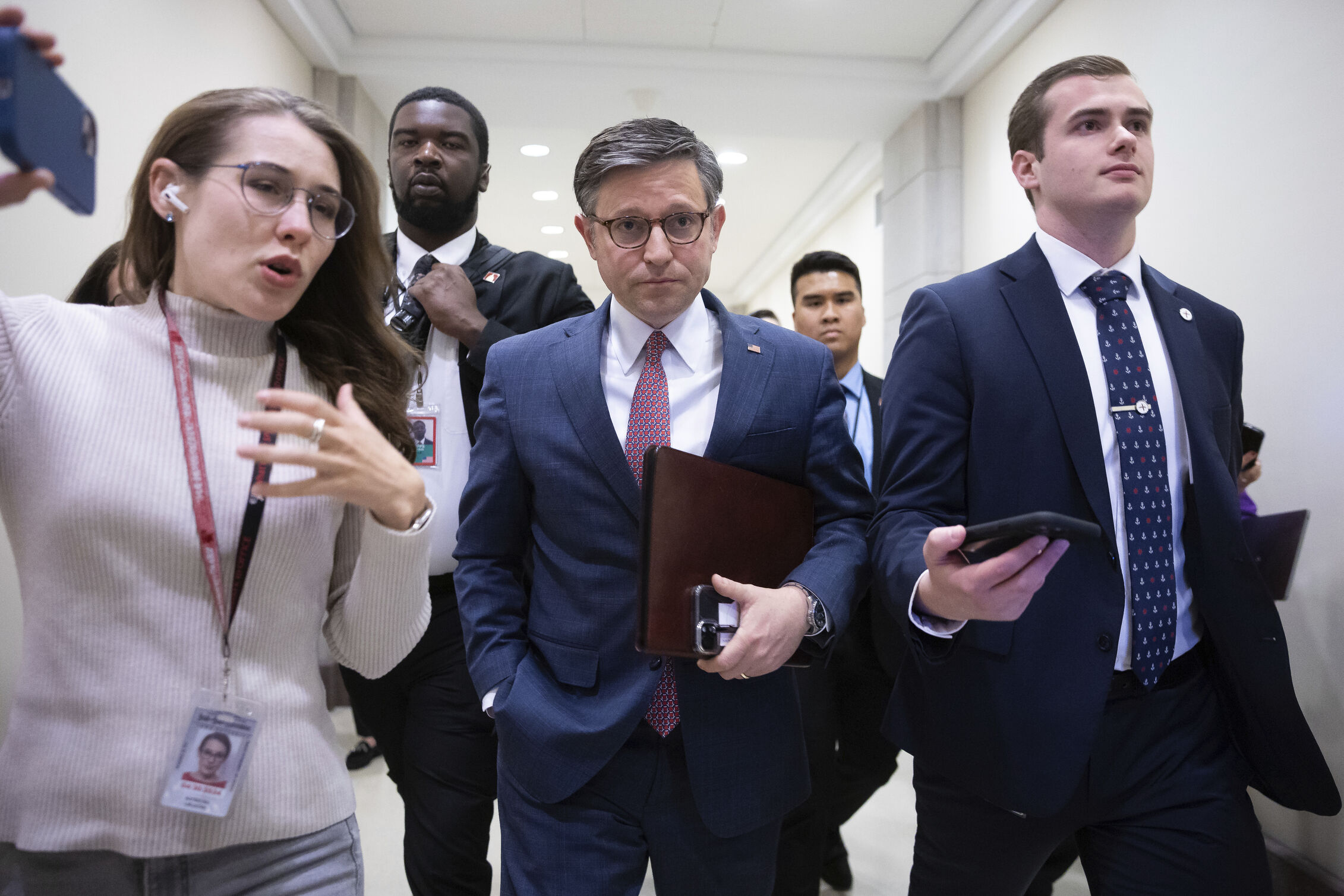Syrian Factions Prepare for Astana Talks, Trump’s Cabinet Discusses Middle East Policy, U.S. Senators Propose Bill in Response to U.N. Vote
Rebels Will Attend Russian-backed Syria Peace Talks, Trump Administration Has Invitation to Join
Published by The Lawfare Institute
in Cooperation With

Rebels Will Attend Russian-backed Syria Peace Talks, Trump Administration Has Invitation to Join
The Syrian opposition’s head negotiator announced that the rebels will send a delegation to upcoming peace talks in Astana, Kazakhstan. The talks, which are scheduled to begin January 23, are backed by Russia and Turkey, and though they have been advanced outside the U.N.-backed process, they have the support of the U.N. Security Council. “All the rebel groups are going to Astana. Everyone has agreed,” said Mohammed Alloush, who is the head of Jaysh al-Islam's political wing.
The United States has not committed to attend the talks, but Russian and Turkish officials have both said that the they hope the Trump administration will send a delegation. President-elect Trump’s press secretary, Sean Spicer, said that Lt. Gen. Michael Flynn, the new administration's national security advisor, received a personal invitation from Russian Ambassador Sergey Kislyak.
The invitation was made during one of a series of phone calls between Flynn and Kislyak on December 28 and 29, around the time President Obama issued new sanctions and shut down a Russian spying operation in the United States in response to intelligence assessments that Russia interfered in the U.S. election. In a column last week, Washington Post columnist David Ignatius suggested the communication could be a violation of the Logan Act. Steve Vladeck, writing for Just Security, argues that this is a potential distraction. “We should generally not be bothered by the idea that part of a presidential transition includes the President and his team setting the stage for the conduct of their foreign policy,” he writes. The focus on the Logan Act “only diverts attention from the far more serious and deserving substantive objections to the contours and purposes of and catalysts for that policy.”
Trump’s Cabinet Picks Discuss Middle East Policy in Confirmation Hearings
President-elect Trump’s picks to head the State and Defense Departments testified before the U.S. Congress last week. Secretary of State nominee Rex Tillerson’s hearing was notable perhaps more for what he didn’t say than for what he did. His comments were often a bit wishy-washy, even as senators tried to push him to clearly articulate his positions. Sen. Marco Rubio used his time to pose a series of pointed questions about whether Tillerson would characterize Russian President Vladimir Putin as a war criminal based on the conduct of the Russian intervention in Syria; Tillerson maintained that he would not take a position until he had received more information on the subject. He gave a similarly wishy-washy response to questions from Sen. Jeanne Shaheen about Trump’s campaign promise to create a registry of Muslims in the United States.
A certain amount of vagueness in confirmation hearings is to be expected, but Tillerson’s more substantive comments also generated some concerns. As the Atlantic Council’s Elissa Miller and Emily Burchfield wrote in their summary of the hearing, he lumped the Muslim Brotherhood in with violent extremist groups in his prepared remarks, and argued for a conciliatory policy with Turkey and deeper ties with Kurdish rebels in Syria—seeming to miss how the U.S. relationship with the latter has strained ties with the former. Tillerson’s comments about human rights not being a priority for U.S. policy also drew criticism. The day after the hearing, the Washington Post editorial board issued a rejoinder that “serving as secretary of state is fundamentally different from operating as an oil executive focused on smoothing relations with clients of all sorts. Failing to speak up about human rights is more damaging to U.S. interests than offending” oppressive governments.
Gen. James Mattis, who is being considered for secretary of defense, said in his hearings that he supports the current campaign against the Islamic State, but that it needs to be placed on a “more aggressive timeline.” Mattis supported continued adherence to the Joint Comprehensive Plan of Action, though it was “not a deal I would have signed,” he said. “But when America gives her word, we have to live up to it and work with our allies.”
Mattis has bipartisan support and is expected to breeze through the confirmation process. Tillerson, though, faces a more difficult path to the cabinet. Several members of Congress have expressed concern, particularly stemming from his cozy relationship with Russia as CEO of ExxonMobil.
U.S. Senators Propose Controversial Bills to Defund United Nations in Response to Israel Resolution, Designate Muslim Brotherhood as Terrorist Organization
U.S. Senators Lindsey Graham and Ted Cruz set aside their differences last week to join in support of a shared terrible idea. The two have proposed defunding the U.S. contribution to the United Nations—approximately $8 billion annually, or 22 percent of the U.N.’s resources—until the U.N. Security Council repeals resolution 2334, the measure condemning Israel’s settlement expansion on which the United States abstained in December. The House of Representatives passed a bill denouncing the resolution, and the Senate is considering a similar resolution, but Graham and Cruz’s bill, which now has 21 cosponsors, goes further.
The U.S. Congress has demonstrated its displeasure with the United Nations before by cutting a “proportionate share” of its assessed obligations for funding the multilateral body, for example, for programs on Palestinian rights and the Law of the Sea. The funding for those programs is then drawn from other member states’ contributions and does not affect U.S. funding for the many U.N. functions that the U.S. government supports. Graham and Cruz, however, are invoking the nuclear option: cutting all funding from the largest U.N. contributor—not just to specific programs, but to everything. This would include U.N. programs providing humanitarian relief to Syrian refugees and trying to alleviate the burden of displaced populations on Syria’s neighbors and European nations, and the International Atomic Energy Agency, tasked with monitoring the Joint Comprehensive Plan of Action with Iran.
To actually cut U.S. funding to these programs would be a colossal abdication of the U.S. leadership that Graham and Cruz generally promote, but that’s not Graham and Cruz’s goal. By escalating the fight over a toothless Security Council resolution that restated 40 years of U.S. policy to a major funding crisis, Graham and Cruz hope that they can convince the council, which voted unanimously 14-0 (with the U.S. abstention) on resolution 2334, to back down. The United Nations has been challenged with funding cut-offs before, and just last year Secretary-General Ban Ki-moon said he temporarily removed Saudi Arabia from a report documenting violations of the rights of children after Riyadh threatened to cancel its U.N. funding. But that was an executive decision; Graham and Cruz are trying to strong-arm voting member states into retracting a unanimous resolution. That’s a much bigger task. And they’re willing to play chicken with defunding the United Nations in the process.
Trump has received a lot of well-deserved outrage for his comments about the expendability of the European Union and NATO. Graham and Cruz have been among his critics, but their criticism rings pretty hollow while they’re simultaneously threatening to defund a cornerstone of the post-war liberal international order.
Cruz also proposed another Middle East-related bill last week, re-upping his previous efforts to convince the U.S. State Department to designate the Muslim Brotherhood as a terrorist organization. As Brookings’ Tamara Cofman Wittes noted on last week’s episode of Rational Security, “[T]his is an issue on which Ted Cruz and Donald Trump, and the people around Trump, seem to share an approach, which is to see the Muslim Brotherhood on a continuum with determinedly violent terrorist adversaries of the United States, like al-Qaeda and ISIS, and indeed to argue that there’s really no difference between the Muslim Brotherhood and those groups. But the interesting thing is that the Muslim Brotherhood is not one thing. It’s many things and it has branches in a lot of different countries, including countries where the Muslim Brotherhood has political parties that are affiliated with it, that serve in parliament, and that even head the government. The elected parliamentary government in Morocco is headed by the PJD, which is a Muslim Brotherhood-originated political party. The Muslim Brotherhood runs in elections in Jordan, it sits in the parliament in Kuwait, it sits in the government in Bahrain, and so it’s not a simple matter.” Cruz’s previous efforts to designate the Muslim Brotherhood have been caveated and still not gained much political traction, but as Tamara said last week, he’s now proposing the legislation without those caveats and with a more receptive administration.





